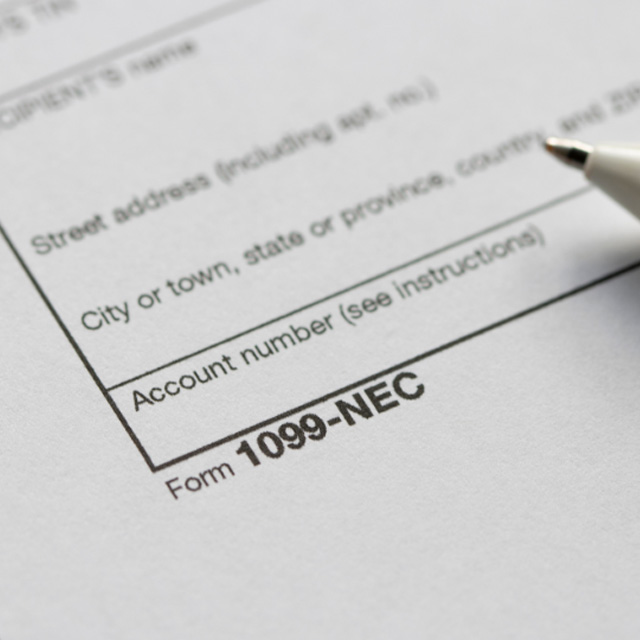What is Form 1099-NEC? Reporting Non-Employee Compensation for Freelancers

For many years, independent contractors and freelancers received their non-employee compensation information on Form 1099-MISC. However, the IRS introduced Form 1099-NEC (Non-Employee Compensation) specifically to report payments made to non-employees, starting with the 2020 tax year. I think that creating the Form 1099-NEC really helps some of my clients understand what income is solely business income. Especially those that have multiple different types of income.
When Do You Receive a 1099-NEC?
If you earned $600 or more from a client or business during the year, and you weren't classified as an employee, they're required to send you a Form 1099-NEC by January 31st of the following year. This applies whether you're a freelance writer, a photographer, a consultant, or even doing gig work like design or delivery services.
The key is: you were paid for your services, and taxes weren't withheld. That's what makes it “non-employee compensation.”
Even if you earned less than $600, the income is still taxable, it just might not trigger a 1099. So, it's important to keep your own records, too.
What Counts as Non-Employee Compensation?
Here's what typically shows up on a 1099-NEC:
- Payments for freelance or contract work
- Commissions
- Project-based work
- Professional service fees (e.g., legal, design, consulting)
- Prizes or awards for services
Keep in mind, if you were paid via services like Venmo, PayPal, or Stripe, the rules get a little more complex. Sometimes those payments are reported separately on Form 1099-K instead. This is something I always double-check with my clients.
How to Report 1099-NEC Income
Income from a 1099-NEC is typically reported on Schedule C (Profit or Loss from Business), as part of your individual tax return. Here's how it flows:
The total income from all your 1099-NECs goes on your Schedule C.
You can then subtract any legitimate business expenses (like supplies, software, home office use, etc.).
The net profit is then subject to income tax and self-employment tax (which covers Social Security and Medicare).
Many new freelancers are surprised by the self-employment tax piece, it adds about 15.3% on top of regular income tax. This is why tracking expenses and setting aside money throughout the year is so important.

